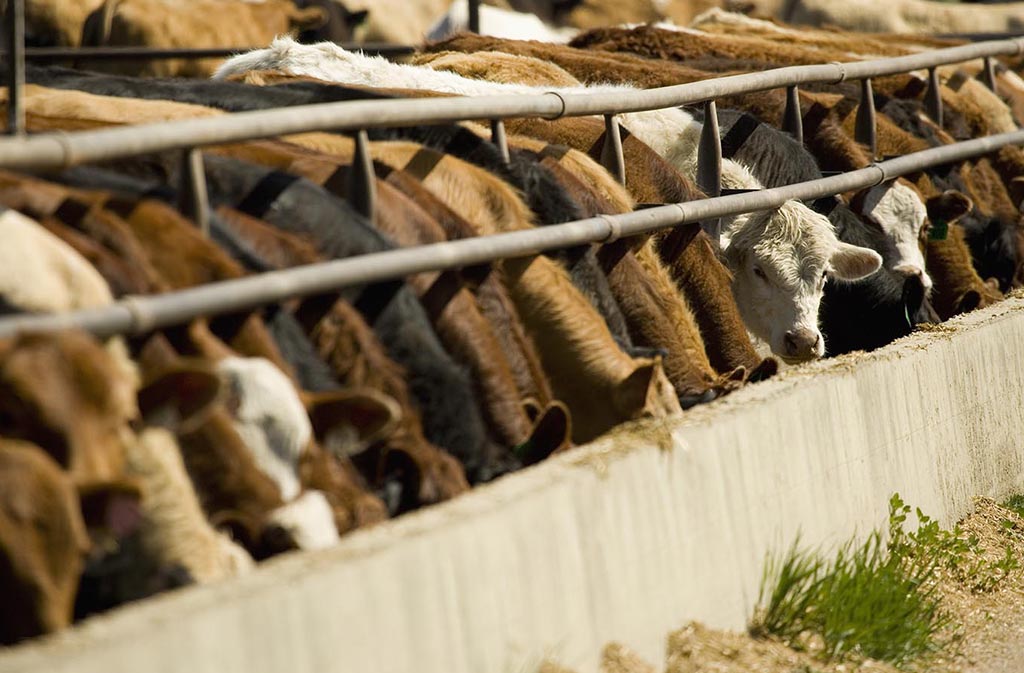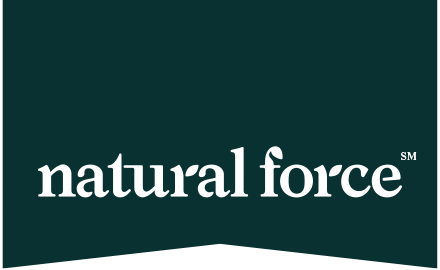Bone Broth Protein Powder: The Surprising Truth You Need to Know

Both regular and USDA Organic bone broth protein powder have similar nutritional value in terms of total protein content, but regular bone broth protein is sourced from conventional agricultural operations that allow the use of antibiotics, pesticides/herbicides, GMOs, hormones, and other potentially harmful substances that may not be eliminated during processing and can contaminate the end product.
Although there are numerous health benefits associated with drinking homemade bone broth, bone broth protein products, like any manufactured good, are only as good as their raw ingredients. If these ingredients are improperly sourced, the beneficial effects of consuming bone broth protein may be negated.
In this article you will learn:
- Where regular bone broth protein comes from
- How antibiotics and other veterinary drugs can get into your bone broth protein
- The environmental toll imposed by conventional sourcing
- The dangerous working conditions found in CAFOs
- The sustainable and clean sourcing of organic bone broth protein
- Important reasons why you should always choose organic bone broth protein
- How to ensure that your bone broth protein is USDA Organic
Update: The non-profit Consumer Wellness Center purchased 8 popular bone broth and bone broth protein products from Amazon.com, and after performing a detailed chemical analysis, found that all of them contained one or more of the following: antibiotics and antimicrobials, multiple insecticides, including an organophosphate chemical, multiple prescription drugs, parabens, and steroids. To see the Consumer Wellness report, click here.
SAD Sourcing: Where Conventional Bone Broth Protein Comes From
Conventional bone broth protein comes from animals raised in desperate conditions, and that’s putting it mildly. Producers pack their animals, whether chicken, cows, or pigs, into crowded, unsanitary factory farms called concentrated animal feeding operations or CAFOs.
Because of their ruthless efficiency, CAFOs are extremely productive and profitable for the agribusiness corporations run them, but they impose a terrible price on the animals, environment, and people that live, die, and work in them.
Antibiotics, Hormones, and Veterinary Drugs
Beyond the horrific living conditions and the obvious animal welfare implications of CAFOs, the animals used to make conventional bone broth protein may also be treated with massive quantities of antibiotics, growth hormones, or other veterinary drugs.
Both antibiotics and growth hormones help animals to grow at an unnatural, accelerated rate that allows them to achieve “market weight” faster than untreated animals. As in all industries, time is money, so this makes financial sense for producers, but this also means that active drug residues can remain in the end products and these residues can negatively impact the health of those who consume such products.
Use of antibiotics on an industrial scale can also lead to the development of antibiotic resistant strains of bacteria that can jump from animals to humans within the CAFO environment.
Environmental Destruction
On an environmental level, CAFO operations are incredibly destructive. They generate huge amounts of waste products such as hydrogen sulfide, ammonia, volatile organic compounds, particulate matter, and endotoxin, which can ruin the air quality and health of anyone unfortunate enough to live near one.
Water quality too is threatened by CAFOs as manure (animal feces) is stored in massive lagoons that infiltrate the water table, runoff into nearby rivers, streams, and contaminate lakes and other large bodies of water. The overload of nitrogen and other compounds can ultimately fuel toxic algae blooms and catastrophic fish die offs.
The Human Cost
In addition to the animal and environmental concerns raised by CAFO operations, the people who work in these facilities are subjected to one of the most dangerous job environments in America. When you combine floors, tools, and dangerous machinery slippery with blood and manure with the pressures of speedy production, you invite accidental injuries and dismemberments.
Due to the poor air quality, workers are also prone to respiratory issues and frequently develop lung disease and other breathing problems.
Sustainable and Clean: Where Organic Bone Broth Protein Comes From
Organic farming is vastly different than CAFO operations and offers an alternative that is in better alignment with natural principles. Unlike regular bone broth protein, organic bone broth protein comes from farms that are required to follow traditional farming practices, where the focus is on the health of the animals and the environment.
In order to be considered organic, farmers must follow the official USDA Organic regulations, which prohibit the use of antibiotics, growth hormones, and other drugs. This isn’t to say that a sick animal is denied care. Just like humans, animals in even the best circumstances can still fall ill, but if that happens in an Organic operation, they are provided the medication they need to be healthy, but they just won’t be sold as organic.
Organic standards also require good land management, the preservation of soil fertility, and the protection of water and air quality.
Shop Now!Why Organic Bone Broth Protein is the Right Choice
By choosing organic bone broth protein, consumers “vote with their dollars” and incentivize grocery stores, manufacturers, and farmers to follow organic practices. This provides important benefits such as:
- Better animal welfare since livestock have year-round access to the outdoors, are fed grass and other biologically appropriate feed crops, and are not treated with growth accelerating drugs.
- Better environmental outcomes since most common pesticides, herbicides, and other chemicals are prohibited and crop rotation, soil fertility, and water quality standards must be followed.
- Better quality nutrition and health for the consumer since they are not being exposed to residual antibiotics, growth hormones, pesticides and other industrial chemicals in their health products.
Organic farmers work hard to abide by the rigorous standards set forth by the USDA and food manufacturers that source organic ingredients have to contend with higher production costs. We think that this is time and money well spent however because proper treatment of animals, the environment, and consumers is the right thing to do!
How to Ensure that Your Bone Broth Protein is Organic
To ensure that your bone broth protein is truly organic, always look for the USDA Organic certification seal. USDA Organic certification requires that all the ingredients used in a product meet their standards, so seeing the official USDA Organic seal guarantees that everything in your bone broth protein was produced with organic methods, is free of genetically modified organisms (GMOs), and follows USDA Organic guidelines.
(Want to get articles like this by email? Here's the sign up)

